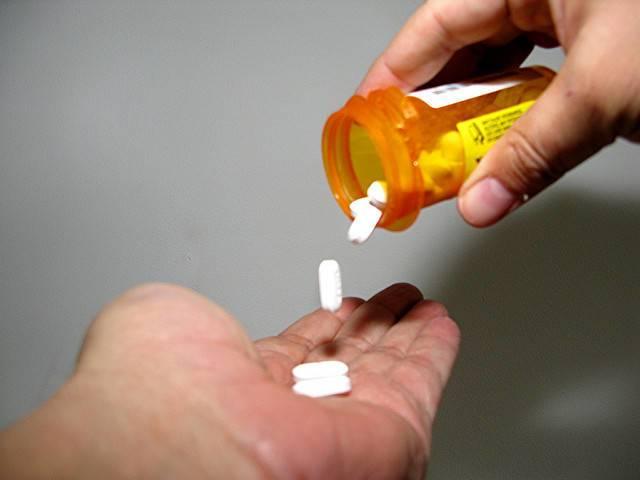
By Dr. Deborah Happ, Senior Vice President, New Directions Behavioral Health
Like abuse of alcohol or illicit drugs, the nation’s growing opioid epidemic is presenting workplace challenges. The current opioid epidemic has been called the worst drug crisis in American history, reaching every corner of society, including workplaces both large and small. This epidemic involves the use of prescription opioid (pain) medications and illicit drugs, including heroin and illegally manufactured fentanyl.
A survey recently released by the National Safety Council reveals that more than 70 percent of workplaces are feeling the negative effects of opioid abuse. Nearly 40 percent of employers said employees are missing work due to abuse of painkillers, with roughly the same percent reporting employee abuse of the drugs on the job.
Despite the prevalence of substance use and addiction in businesses across the country, only a small percentage of those with opioid or other substance use disorders ask for help or receive it. And that’s costing employers around $10 billion annually from absenteeism, according the American Society of Addiction Medicine.
Here’s four ways you can address opioid dependence and substance addiction in your workplace:
- Create a non-stigmatizing workplace. One way to influence more people to seek help is to convince them that getting treatment is the smartest thing to do. By talking about addiction like any other disease, you silence the stigma and allow people to realize it’s all right to ask for help. It’s equally critical that owners and managers send the message that your workplace is a safe place, and that you’re here to help.
- Equip staff to recognize the signs of addiction. It’s important that management and staff be trained on the early signs of opioid and substance addiction—irritability, poor concentration and declining performance—so they can intervene before the situation deteriorates. Train managers to address performance issues, because that often opens up the dialog to talk about sensitive matters. By showing genuine concern, you gain the trust of your employees, which allows you to guide them to the care they need.
- Offer support to employees and family members. Just as you would with an employee who has a medical condition, such as cancer or heart disease, offer non-judgmental support to employees with a substance use disorder. Remember, employees who have family members struggling with substance addiction suffer at work too. Those who are affected by a loved one’s addiction can have increased absenteeism, lack of focus and health problems related to stress. If you don’t already have one, consider providing an employee assistance program for your employees. EAP services can be an effective first step for employees and their dependents to initiate support for nonmedical prescription drug problems, and can offer counseling and referral services; conduct substance abuse evaluations or connect an employee to a qualified substance abuse professional. The best thing about an EAP is that it costs the employee nothing and is completely confidential.
- Help employees access treatment. Ensure that your employees have access to quality treatment for substance addiction. Consult with your health plan provider about a comprehensive plan that covers inpatient and outpatient services. Employees with opioid addiction can often benefit from medication-assisted treatment (MAT), which reduces the cravings for opioids and allows employees to work while in treatment. Finally, it’s important to remember that employees struggling with opioid misuse or substance addiction are not weak or morally corrupt. Drug addiction is a disease and needs to be treated and talked about like any other disease—with compassion and quality care. Opioid misuse impacts much more than workplace performance: Overdoses killed more than 64,000 Americans in 2016, up 21 percent over 2015, according to federal officials.
By taking action and implementing these strategies, you create a safe work environment in which employees feel supported and can do their best work. There’s nothing more important than sending a message to your employees that you care about their health and well-being.
Photo: Flickr / Creative Commons
TriplePundit has published articles from over 1000 contributors. If you'd like to be a guest author, please get in touch!














